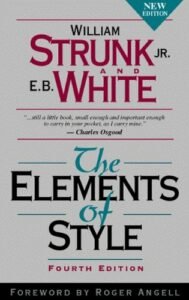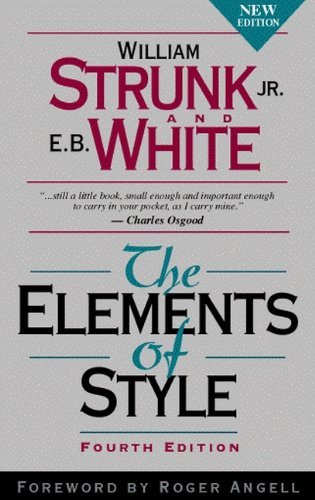Ah, the tricky semicolon, that little comma with the dot on top that many–including newspaper reporters, editors and columnists–are never sure when to use and when to not.
I’m always amazed whenever I see a semicolon improperly placed in a sentence when a comma, period or colon will do. The rules are easy, really: a semicolon is used to join two thoughts together that are independent but dependent on each other.
One could use a period in place of the semicolon. After all, periods end independent thoughts. But the semicolon adds spice to the sentence when two thoughts need each other to get the point across!
In Strunk and White’s The Elements of Style (once the bible of grammar for would-be writers and established writers alike before Grammarly made the online scene), E.B. White writes that it is often correct to separate two adjoining sentences with a period or a comma, but the semicolon is more forcible. Now here’s where it can get tricky: a comma is preferred when two clauses are short and alike in form, or when a sentence is written in a conversational manner or emphasis is needed.
It is also correct to use a semicolon to separate coordinate clauses, when those clauses are long or contain commas, such as lists of names with titles or addresses, or other lists where the separation would be difficult to understand if divided solely by commas, such as lists of books which reference volume numbers, chapter numbers, pages, etc.
Here is the perfect example of the proper use of the semicolon:
“We hold these truths to be self-evident – that all men are created equal; that they are endowed by their Creator with certain inalienable rights; that among these are life, liberty, and the pursuit of happiness.” ~ Thomas Jefferson
Imagine that quote, if you will, containing periods or commas instead. Somehow, neither would get the point across as strongly.
Also, remember that the semicolon and the colon always go outside of quotation marks.
And don’t overuse the semicolon; like anything in life, it loses its impact when we can take it for granted.

Comments (0)